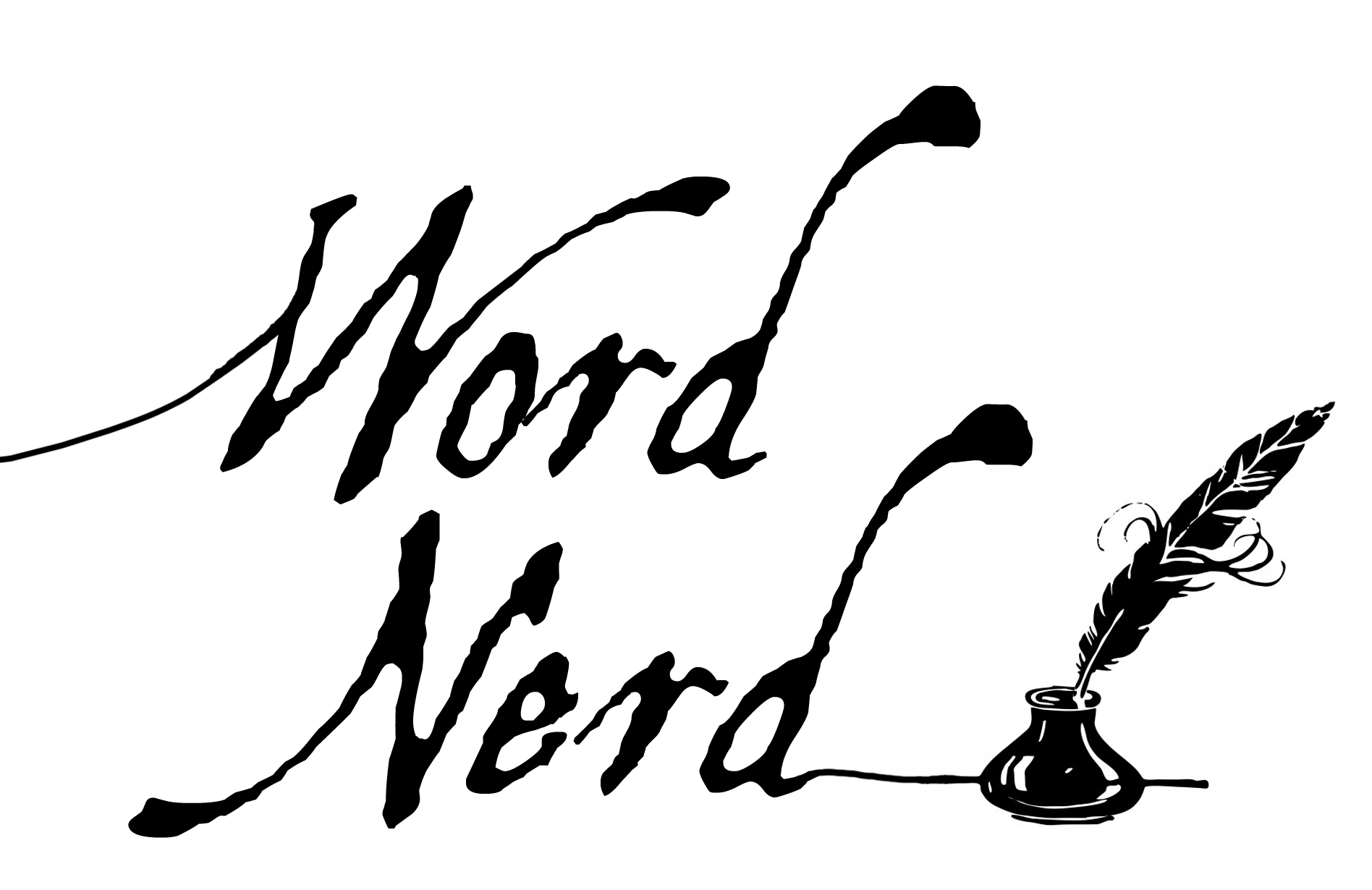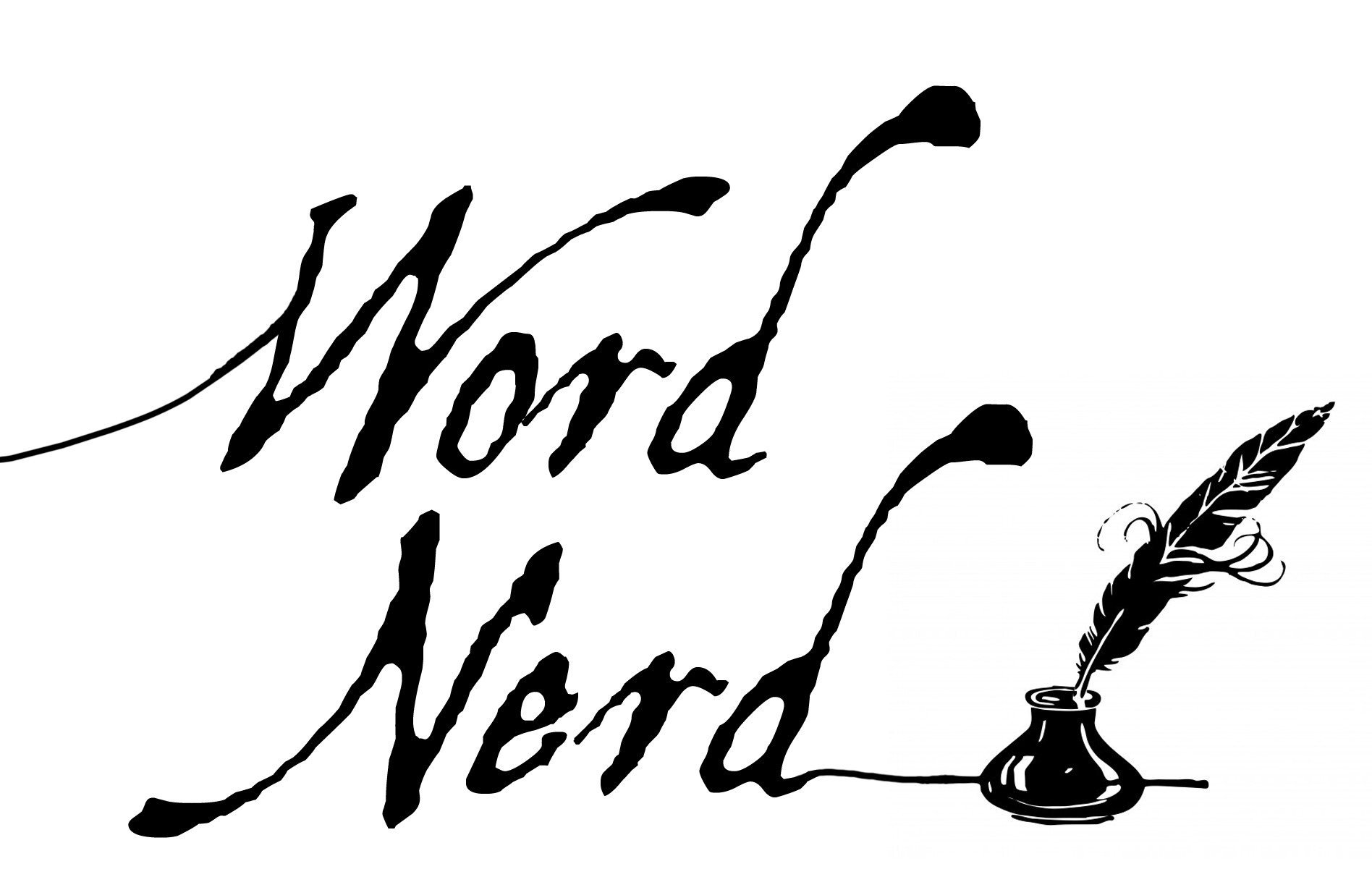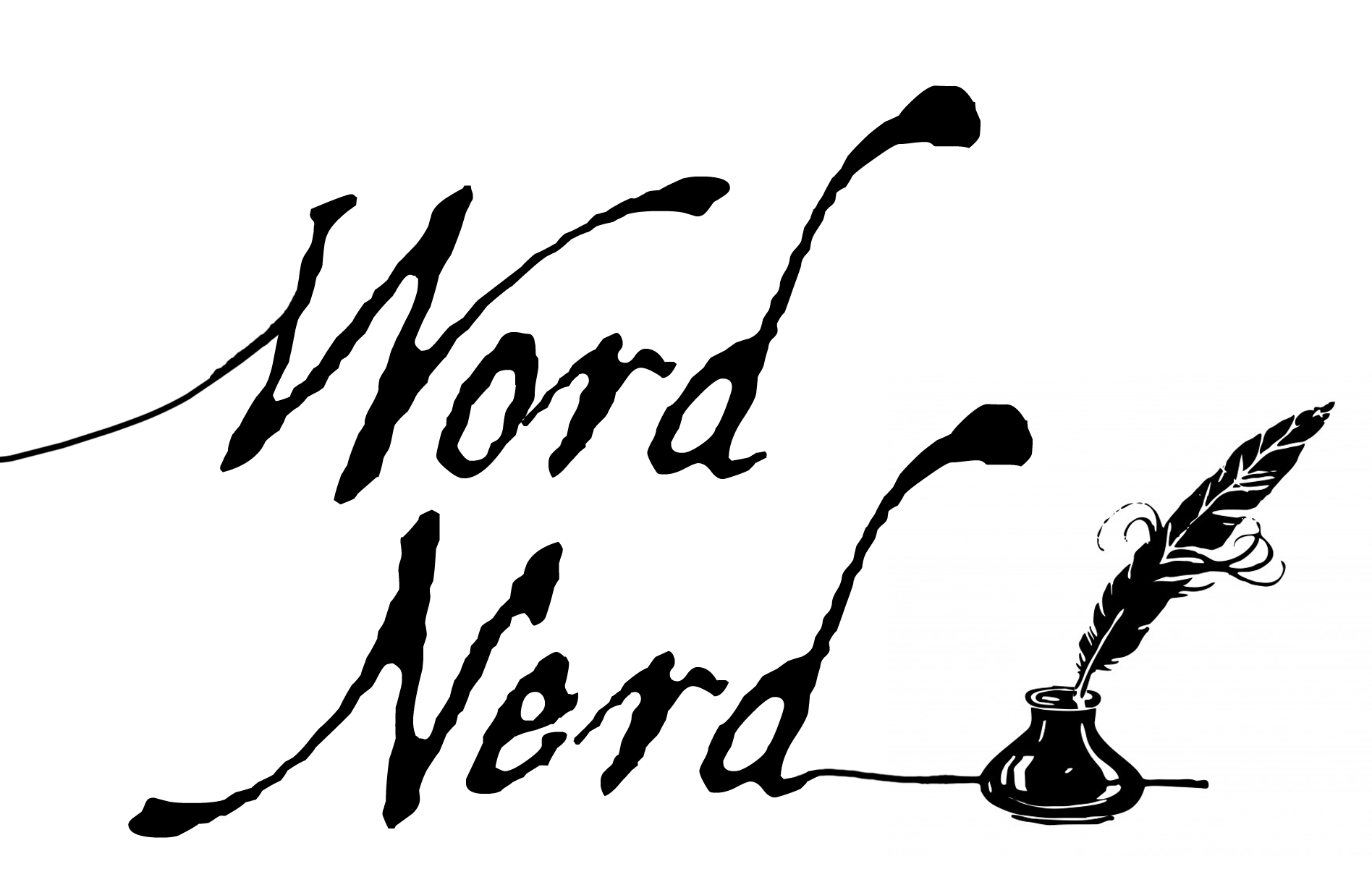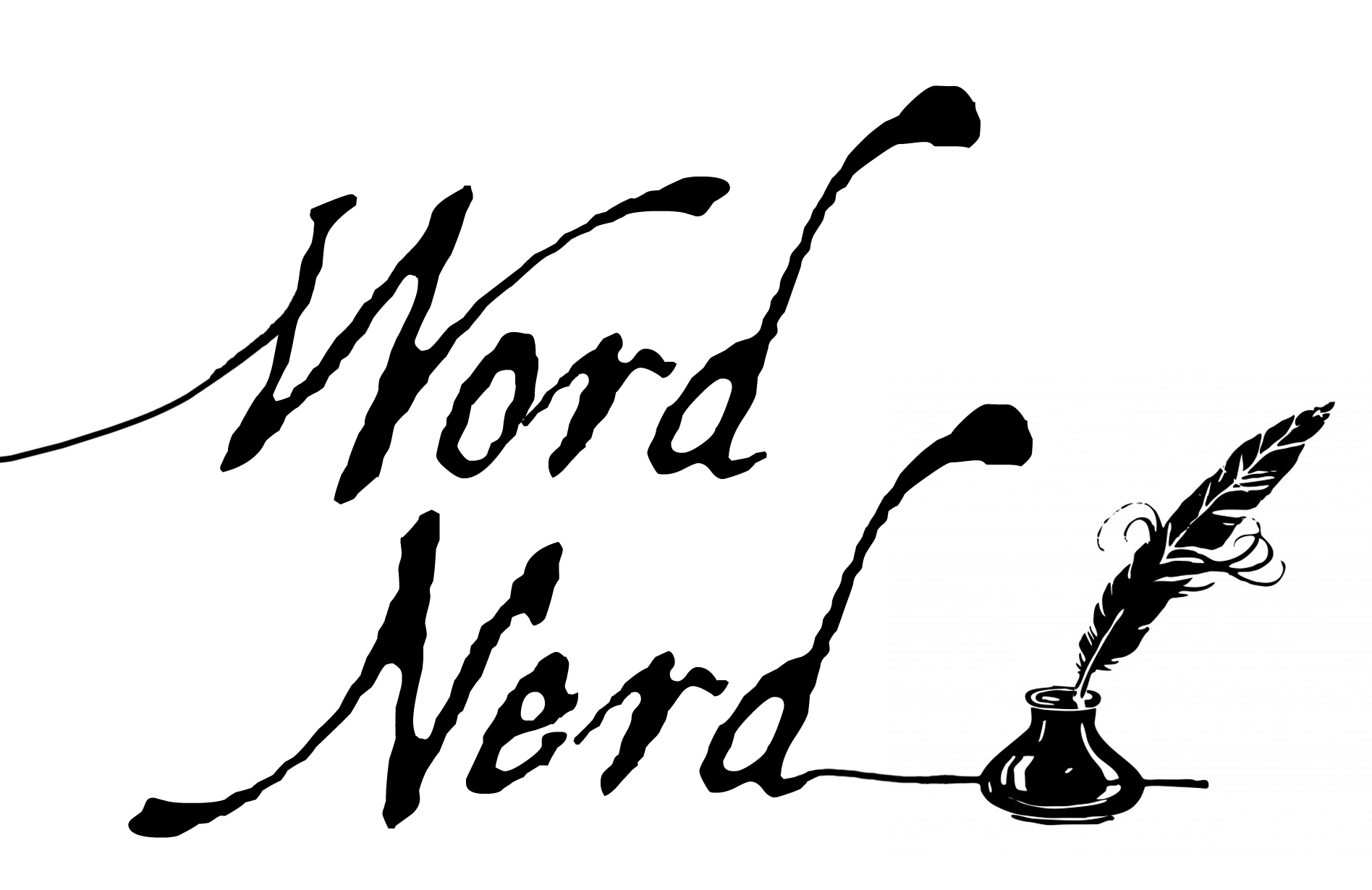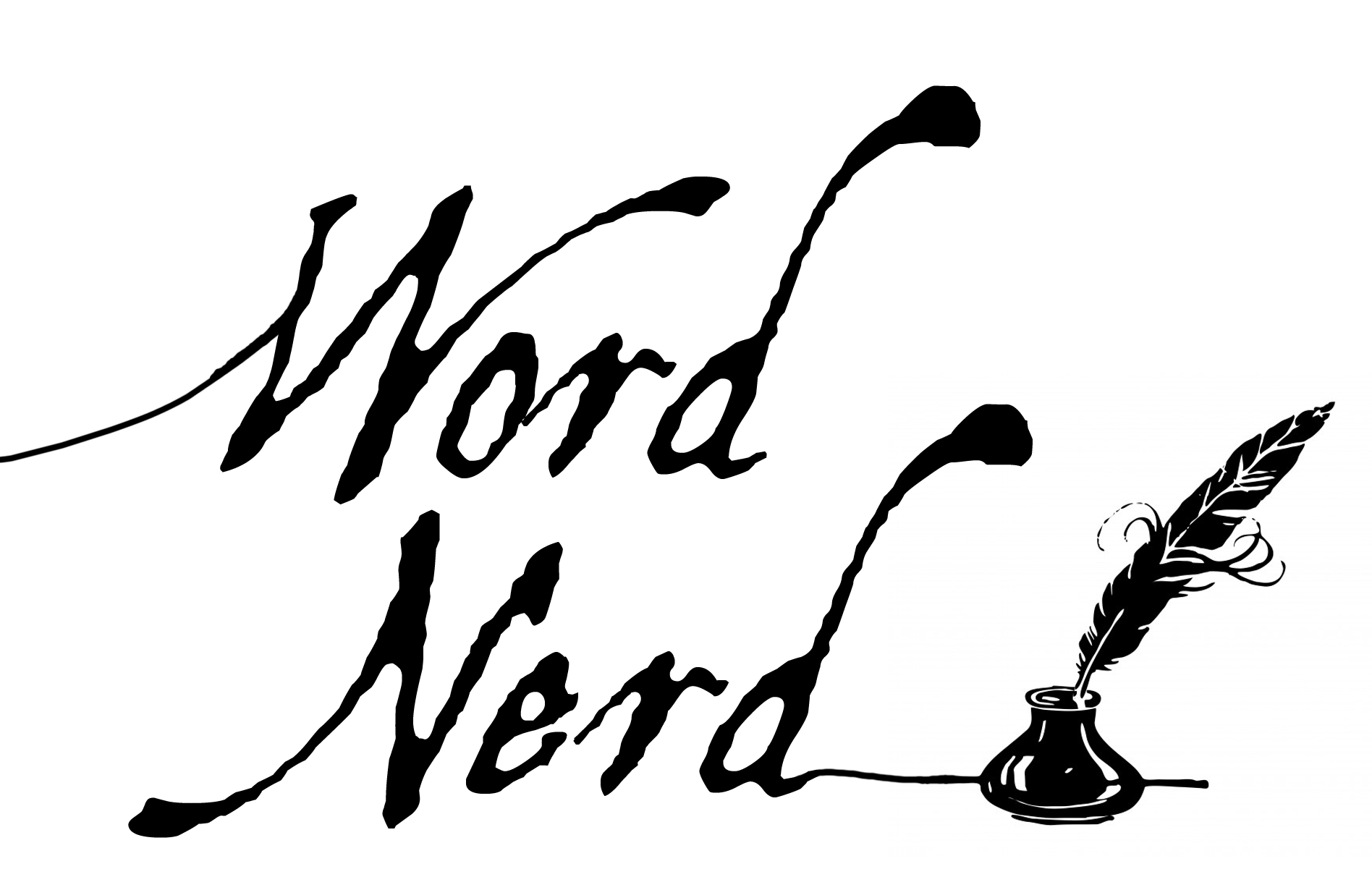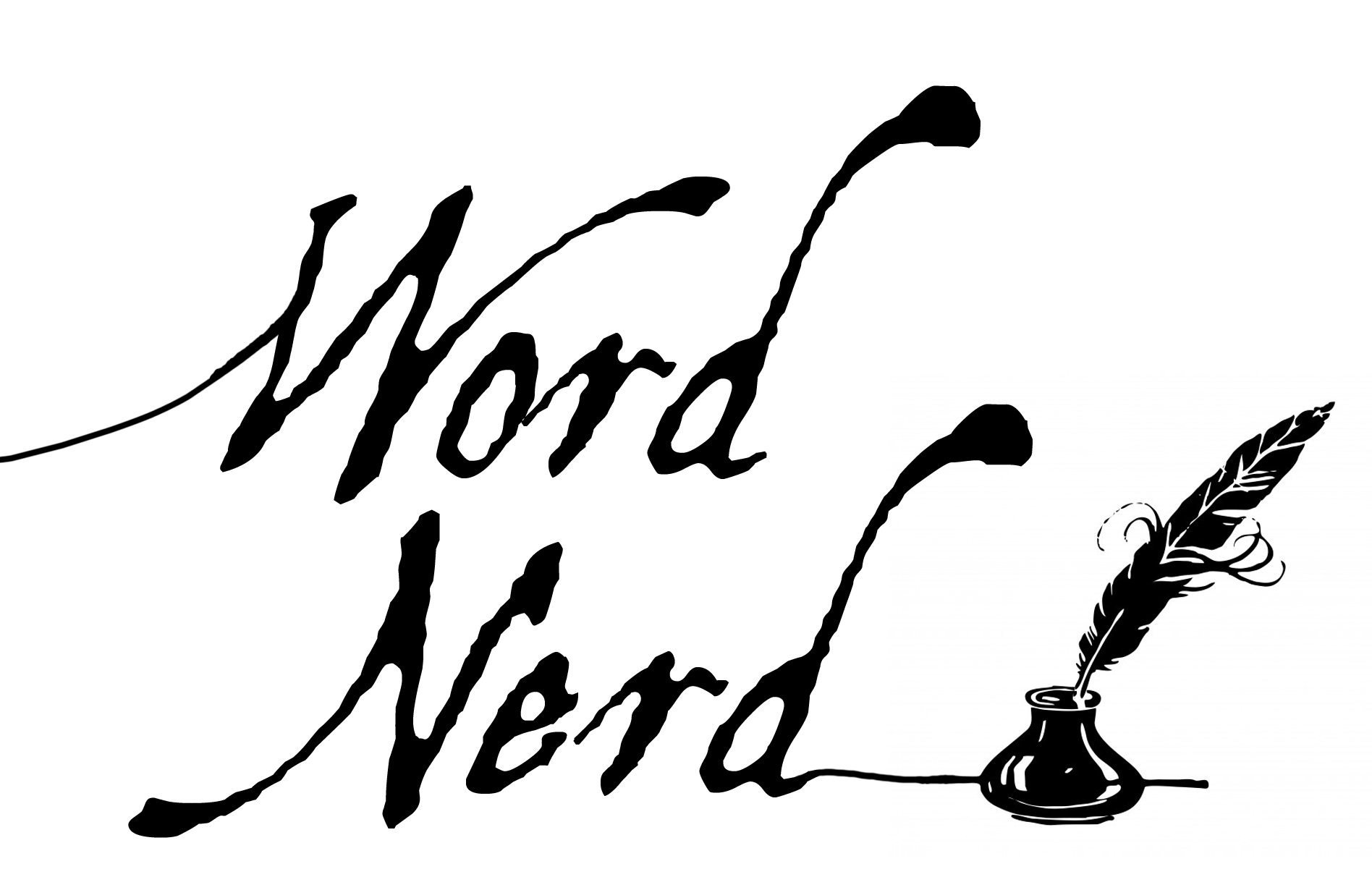
Important Note: The original sense – and several later senses – of geek related to people being “crazy” or “foolish,” and this blog will discuss those in their cultural context. I’m aware that the term “crazy,” especially, does real harm to people with mental health issues, and stress that terms like this are never acceptable to describe people living with them.
Word up.
So one persistent bit of word-nerdery is, if you will, nerdery itself. Specifically, the definitions of and distinction between geek and nerd. Let’s tackle this today.

The Difference (According to Kids Today)
When dealing with slang terms, formal dictionaries are great for etymologies but sometimes miss out on nuance, or struggle with currency. Erratic and unreliable as it may be, the notorious Urban Dictionary can be the best way to pick up on what’s going on with new internet acronyms and rising slangdom (And some of the definitions are on fleek. Top bants!).
Here’s what UD has to say:
Nerds are smart, people who lack much of a social life. They […] don’t have the social skills to go out and meet new friends.
Geeks […] have social lives, [which] are often spent pursuing some passion that the geek is obsessed with. […] Geeks are usually only friends with other geeks.
The extraordinarily thorough (I once looked up how to boost a car once… asking for a friend, of course) WikiHow offers a similar spotter’s guide:
A geek has normal social skills, though they can be prone to being pretentious and long-winded… on their particular passion.
A nerd is generally more introverted. They may know… exactly the same things [as a geek], but getting them to talk about it can take some doing.
And this seems to be the general consensus, which doesn’t stop people debating and parsing the definitions with increasingly fine detail (a Google search for “geek nerd” yields over fourteen million hits, including an amazing number of Venn diagrams), sometimes further splitting the categories into dweebs and dorks and other headings. It’s genuinely exhausting the effort some people have gone to, to determine exactly which derogatory (or celebratory, or ironically self-denigrating, or all three) label applies to them and/or other people.
Of course, these are fairly current definitions – as I and anyone who grew up in the ’80s will tell you, until well into the late ’90s the two terms were exactly synonymous – but what’s interesting is how well the more current, distinct meanings match up with their etymological roots.
Back in the day
With any slang term, it’s hard to pin down a specific root. Slang – especially teen slang – spreads quickly, and historically usually independently of printed media, so when it first starts to appear in writing, it usually seems to pop everywhere at once, with a dozen explanations as to its origin.*
GEEK
That said, geek does pretty well. It has a respectable Germanic root – geck, meaning “a fool” or “a crazy person” – and shows up in Low German Geck, Dutch gekkie, and modern German Jeck. It never entered Standard English until the nineteenth or twentieth century, but seems to have been found in various British dialects. At any rate, it entered mainstream English in recent years as a reference to a carnival performer, specifically to a type of performer who specialises in terrifying or unsettling acts: typically eating live animals, piercing his own flesh or displaying extensive or grotesque body modification. In short, a geek was someone even the other carnies thought was crazy, whose success as a performer depended on being crazy for the audience.
Its eventual association with smart, socially-awkward people seems to have been a gradual thing, around about the ’60s, as an extention of “freak” or “weirdo.”
NERD
Nerd’s another kettle of socially-awkward fish. The term first arose in 1951, and appears to have always had its current meaning: in the parlance of the time, a “drip” or “square,” someone boring and obedient. Simon Pegg says it’s short for ne’er-do-well, with no recorded evidence supporting that at all, while a popular if stupid folk etymology has it as based on knurd (i.e. drunk, backwards), since nerds clearly don’t do fun things like drink (former Rensselaer Polytechnic Institute students are hugely insistent on this, in spite of the fact it didn’t appear until at least 1965, because the spelling nurd used to appear in their Bulletin). There’s even a backronym!‡ Supposedly, Canadian telecoms giant Northern Electric’s Research and Development division had pocket protectors with the name NER&D proudly blazoned across the lip, and a photo of a bespectacled engineer in a buttoned-up shirt with the pocket protector inspired the term. Of course, this photograph has never surfaced…
No-one’s sure. There’s a line from Doctor Seuss’s If I Ran the Zoo (1950), in which, among other things, the narrator will “sail to Kra-Too,/ And bring back an IT-KUTCH, a PREEP and a PROO;/ a NERKLE, a NERD and a SEERSUCKER, too!” which would seem persuasive except for the fact it apparently took less than a year to become a widespread teen slang. There’s an old ’30s and ’40s slang term nerts, used as a more polite version of “nuts”** – there’s that suggestion of insanity again – which may have drifted in spelling and sense over time, but there’s not much evidence for it. To my mind, these last two are the best candidates, but who knows?

The Rise of Geek Chic
By my youth in the ’eighties both words meant someone academically accomplished and socially misfit,¶ but as computers took over the world and Quentin Tarantino somehow became cool, the words were put back under scrutiny. Geek, the one that was originally used, way back in the day, to describe someone who was unsettlingly crazy, now meant someone who was fannishly,§ kind-of endearingly obsessed with a particular hobby or interest. The “crazy” was still in there, ultimately; but it was crazy about something, rather than just, you know, crazy.
Nerd, of course, still meant dull. Dull, dull, dweeby, boring, square, drippy, lame, dull. Nerds are allowed, even expected to be smart, but by definition they’re not cool.
Nerds, Geeks, Status and Snobbery
And therein, I think, the problem, and the real reason behind all the Venn diagrams. Because the difference between geek and nerd, when you boil it down and tease it out, isn’t obsessive hobbies, or long-windedness, or Apple vs PC or any of that guff. Remember that WikiHow definition of a nerd? Let me pull some quotes our for you, and mix up the order a bit to emphasise my point:
A geek has normal social skills… a nerd is generally more introverted.
A geek can be long-winded on their particular passion… [A nerd] may know exactly the same things.
See that? So geeks are defined by their obsessive fannishness, but nerds may know just as much about a topic (i.e. they can be just as obsessive)? What does that tell you? The difference is that geeks are cool and nerds aren’t. That’s it.
And here’s why. Still, even now in the twenty-first century, we live in a world where people like us – imaginative, clever, bookish, hobbyish, nonconformist – are punished throughout our youth. We don’t fit in, we’re not interested in the right things, we don’t try and compete for popularity or acceptance (and therein our ultimate sin: not that we fail, but that it doesn’t even occur to us to try), and so our peers ostracise us and coin terms of abuse for us. But when we grow up – when we study and start our careers – we’re now, in the age of the internet, kings and queens of the world. “Geek chic” is still a thing, twenty years after Tarantino’s first gangly, scruffily-dressed appearance on a red carpet; people want to be us.
But we’re carrying the baggage of that childhood with us, and so we scramble to distance ourselves from it. I mean, sure, nerds, yeah – pshah, huh, t’yeah – but not me; I’m a geek! Look at my iPod and ironic Che Guevara t-shirt! I have a boy/girlfriend! I have loads of friends! I go to this one cool nightclub! Yeah, I’m smart and love Star Trek, but that’s ’cause I’m a geek! Not a nerd.
It’s punching down, and I hate it. You know that kid? The one with greasy hair and no friends outside her D&D group? She’s me, and she’s you. And maybe in five years she’ll stretch outside her box a bit and get into the goth thing, or become a bit of a hipster, or who knows what; or maybe she’s happy in that box and will remain so, and that’s cool too. But whether she does or not, she’s me, and if I say, “geeks are, like, smart and into shit, but wear cool shirts and can make friends, and nerds are the same but they don’t wear cool shirts and are totally lame, and btw I’m a geek and don’t you forget it,” I’m slapping her down. I’m building a ladder over her head and greasing some of the rungs.
I’m not gonna do that. I’m a nerd, and a geek, and whatever else you want to call me, and by the way my shirts are fucking off the chain, and I’m married and have a two-year-old baby girl who’s already more awesome than any of you, and none of those things make more or less of a nerd, geek, dweeb, dork, or whatever label I’m expected to use. You are all still my people.
In fact, if it means that much to you (and I hope it doesn’t, after reading this), go ahead and sort out your own hierarchy or Venn diagram or whatever and put me on the bottom rung, ’cause that’s where I want to be.
*mic drop*

As always, if you want to argue with me, or to chat about this shit, or to propose a topic for a future blog, let me know! Tweet us; Facebook us; let’s have an argument/chat.
—
*Fun Shakespeare fact: those 1700 words the Bard invented in the English language? A popular theory is that, in at least some cases, he wasn’t inventing anything; he was just willing to use words popular with the speaker on the street that his contemporaries – classically taught and middle-class – avoided as vulgar or incorrect. Not provable one way or the other, of course, but I’m damn well going to champion it, since that’s basically my jam.†
†Misusing the phrase “…is my jam” is also my jam.
‡There’s always one…
**Yes, well, these were the people who invented the terms rooster and steer because they didn’t want to say the words cockerel and bullock in mixed company.
¶The 1984 film Revenge of the Nerds confusingly threw a pot-smoking loser and a gay black kid into the mix, mostly I suspect because the producers didn’t actually understand the word “nerd.”
Also, you remember the hero, Lewis? The one that tricked the football captain’s girlfriend into having sex with him (and side note: okay, she falls in love with him and whatever, but that was rape, however you spin it)? Did you know that actor was David Carradine’s younger brother? Weird.
§From fanatic. Apparently, there’s no way to make this sound good.


